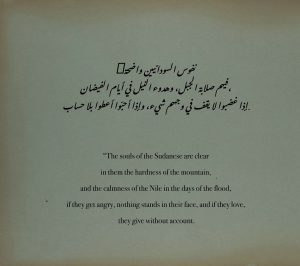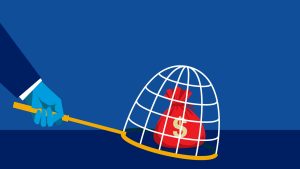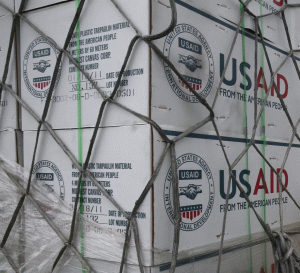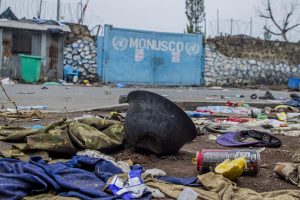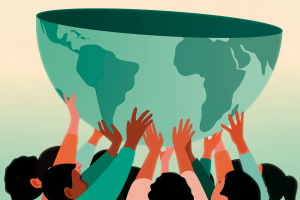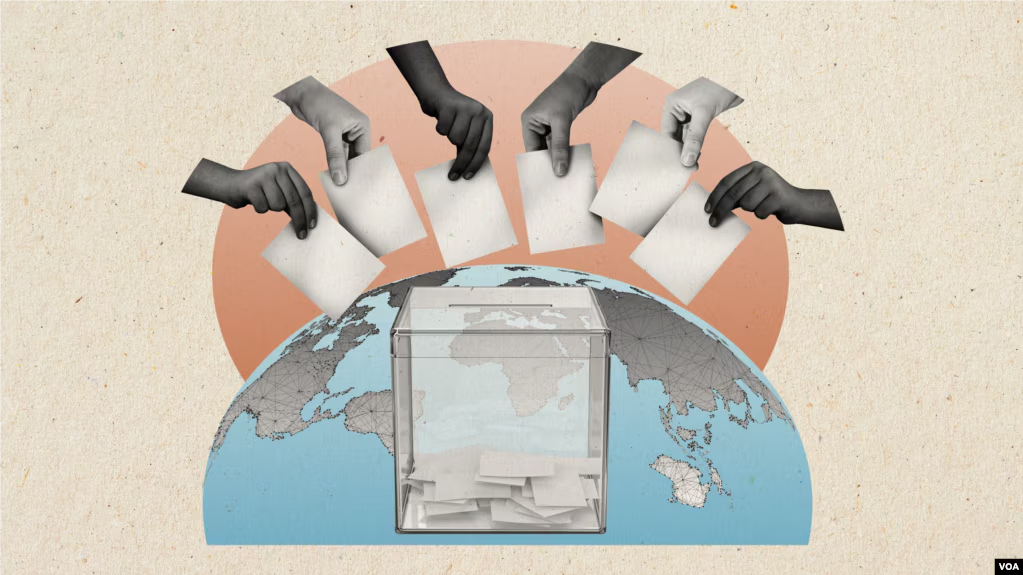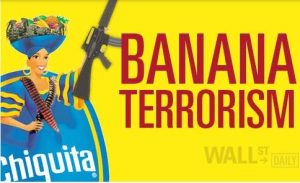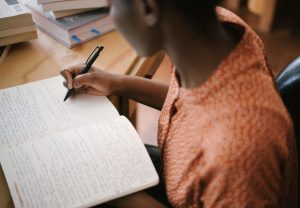Like many of you, we the Global Health Justice (GHJ) team have seen the heart-wrenching images and videos of torture, forced starvation and murder of innocent Sudanese coming out of Al-Fasher over the past few days. The Rapid Support Forces (RSF), who are directly being funded by the United Arab Emirates (UAE), a “Major Defense Partner” of the U.S., have invaded the city after laying siege on it for over 18 months. We’ve seen the videos of young children being…
Tag: Geopolitical
Illicit financial flows cost Africa $88 billion annually
The African Union, in an August 2025 report, estimates that illicit financial flows (IFFs) cost countries in Africa $88 billion per year. IFFs are illicit or illegal funds derived from criminal activities and/or illegal tax practices that are moved or transferred across countries, including international trade manipulations (the most common), tax evasion, smuggling, government corruption, and money laundering. Nearly half of these losses come from the ‘extractive sector,’ mostly mining. IFFs are fundamental drivers of economic injustice, and enormously undermine…
Re-imagining foreign aid
Farah Stockman in her NY Times editorial decries the chaos and devastation from cuts in US foreign aid, but also calls for re-imagining a foreign aid that addresses serious flaws inherent in the current forms of aid. We know that local groups (especially under-funded government health systems) are far more cost-effective and attuned to what communities need – and stay long after foreign workers depart. Cutting out the middlemen is essential, and more cost-effective – as leaders in the global…
An Abyss of Suffering: The Daily Account of a Goma Resident Amid the M23 Invasion
This article is written in French and English. For the English version, please see below. La version française Le 25 janvier au matin, le Mouvement du 23 mars (M23), milice soutenue par le Rwanda, a envahi Goma, la plus grande ville de l’est de la République démocratique du Congo (RDC). Le Bureau de la coordination des affaires humanitaires des Nations unies estime qu’au moins 3 000 personnes ont été tuées depuis que les rebelles du M23 se sont emparés…
Moving Beyond Allyship in the Decolonization of Global Health
The University of Washington School of Public Health’s Alison Wiyeh, MD, MSc (PhD student in the Department of Epidemiology with a concentration in public policy and management) and Ferdinand Mukumbang, PhD, MS (Assistant Professor in the Department of Global Health) recently published a correspondence in The Lancet, “Global South leaders should strengthen strategic capacity“. The commentary describes the limitations of relying on Global North allyship in the decolonization of global health. Wiyeh and Mukumbang’s argument is particularly salient following current…
Global Election Results: Rejecting the Unhealthy Status Quo
Around the world, global elections reflect an emerging pattern: people are expressing discontent with a political and economic system that fails to address their most basic needs and well-being. This frustration manifests differently depending on context, whether through voting choices or street protests. At their core, these actions reflect a growing recognition of how governance, policies, and the uneven distribution of resources directly impact people’s everyday lives, well-being, and health. In the United States, the 2024 election results illuminate this…
Sudan’s Forgotten War
Ezzeldin Saleh and colleagues, in the October 2024 Lancet, draw attention to the horrific and unprecedented conflict in Sudan that has caused immense suffering for the Sudanese people since April 2023. Nearly 11 million people have been internally displaced, and 2.3 million have sought refugee status in neighboring countries. The economy has collapsed, and famine is rampant throughout the country, with approximately 53% of the countries 25.6 million people experiencing high levels of food insecurities – and 14 areas experiencing…
Chiquita guilty of funding terrorists in Colombia
A South Florida jury just found Chiquita Brands liable for killings by right-wing paramilitary death squads that the the company financed in their banana plantations. Chiquita, formerly the United Fruit Company (UFC), has a long history of deadly repression against workers. The New Orleans-based multinational has long monopolized land and markets and controlled governments throughout Latin America. UFC was implicated in massacres in Colombia, the overthrow of democratically elected President Jacobo Arbens of Guatemala, and propped up many so-called “banana…
Rewriting the Script of Global Health
In the heart of Rwanda, a pharmaceutical revolution is unfolding, disrupting a global health order long dominated by high-income nations. This bold move by a nation determined to chart its own course in healthcare sovereignty embodies the spirit of decolonizing global health. It serves as a testament to the possibility of a world where equity in health is not just an aspirational goal but an actionable reality. This narrative of empowerment and systemic change ignites the conversation around decolonizing global…
Could you patent the sun? How vaccine patent waivers would save lives
The world had the chance to truly treat COVID-19 as a common problem and respond to it in an equitable and just manner. At the beginning of the COVID-19 pandemic, politicians, mainstream media and celebrities in the West declaring the disease the “great equalizer” – implying that this novel virus would affect everyone regardless of their position, wealth, race, or power. However, as the pandemic progressed, it became abundantly clear that this was not the case. Instead, the development and distribution of several effective…
